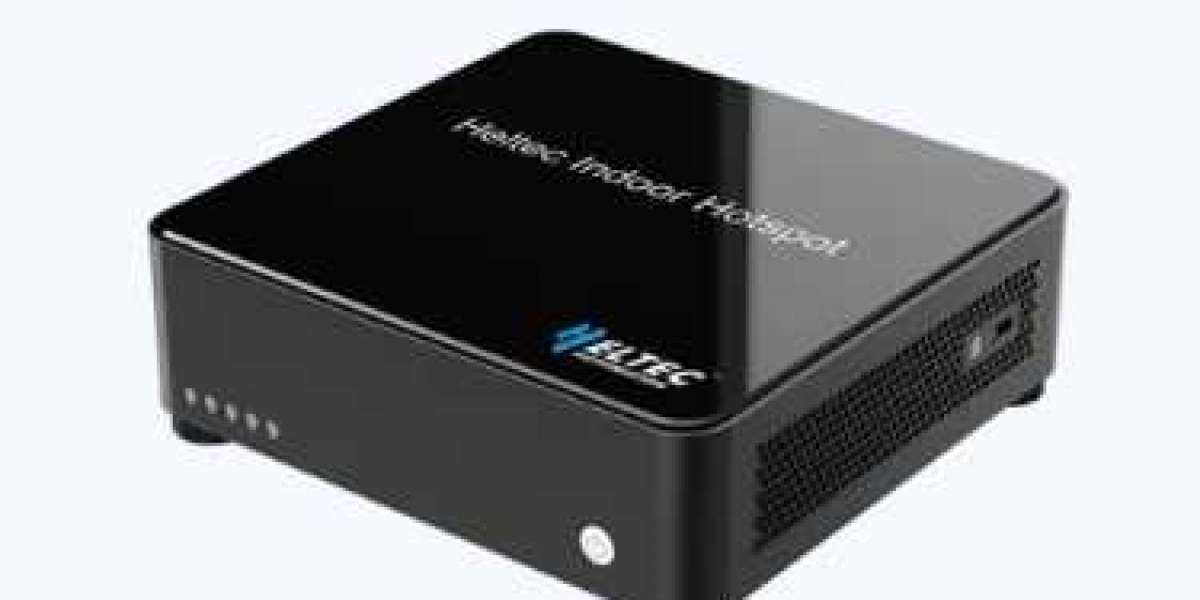In the era of the Internet of Things (IoT), the deployment of indoor LoRa gateways has become increasingly popular. These gateways, like the HT-M2802 offered by Heltec, provide extensive wireless network coverage, supporting thousands of IoT devices on a single hotspot. However, as with any networked technology, there are significant security and privacy considerations that must be addressed to ensure the integrity and confidentiality of the data transmitted.
Understanding LoRa Technology
LoRa (Long Range) is a low-power wireless communication technology designed for long-range transmissions with minimal energy consumption. It's particularly well-suited for IoT applications where devices need to communicate over large distances without draining their batteries quickly. The Heltec HT-M2802 LoRaWAN-supported hotspot exemplifies this technology's capabilities, offering extensive range and connectivity options for IoT networks.
Security Considerations
1. Encryption:
Encrypting data transmitted between IoT devices and the LoRa gateway is crucial. The LoRaWAN protocol, which the HT-M2802 supports, includes built-in encryption standards (such as AES-128) to secure data at different network layers.
2. Authentication:
Proper authentication mechanisms ensure that only authorized devices can connect to the LoRa network. This prevents unauthorized access and potential data breaches.
3. Network Segmentation:
Separating the LoRa network from other internal networks can limit the potential impact of a security breach. This can be achieved through VLANs or other network segmentation techniques.
4. Firmware Updates:
Regularly updating the firmware of the LoRa gateway and connected IoT devices is essential to patch known vulnerabilities and enhance security features.
Privacy Considerations
1. Data Minimization:
Collect only the data necessary for the intended purpose. This reduces the potential impact on privacy in case of a data breach.
2. Anonymization:
When possible, anonymize data to protect the identity of individuals. This is particularly important in applications where personal data is collected.
3. Access Control:
Implement strict access controls to ensure that only authorized personnel can access sensitive data stored or transmitted by the LoRa gateway.
4. Transparency:
Be transparent about data collection practices. Inform users about what data is collected, how it's used, and the measures in place to protect their privacy.
Deploying the Heltec HT-M2802 with Security and Privacy in Mind
When deploying the Heltec HT-M2802 or any other LoRa gateway, it's essential to consider both security and privacy from the outset. This involves:
Configuring encryption and authentication settings according to best practices.
Regularly updating the firmware and monitoring for security vulnerabilities.
Implementing network segmentation to isolate the LoRa network.
Establishing clear privacy policies and data handling procedures.
By taking these steps, organizations can leverage the benefits of LoRa technology, as exemplified by the Heltec HT-M2802, while minimizing security and privacy risks. This ensures a robust and reliable IoT network that respects user privacy and protects against potential threats.







